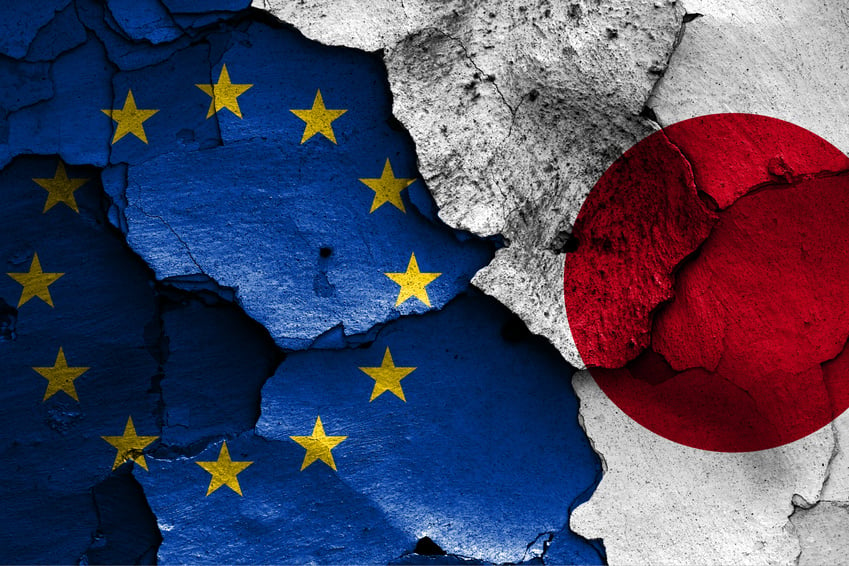On August 23rd, 2017, Law 92/2017 (dated August 22, 2017) entered into force. This new law, regulates the use of cash as mean of payment, as follows:
a) It is forbidden to pay or receive any payment in cash equal or higher than EUR 3.000 (or its equivalent in foreign currency). This amount is increased to EUR 10.000 (or its equivalent in foreign currency) in case of natural persons not resident in Portugal and not acting as entrepreneurs or merchants;
b) The payments made by the Portuguese Corporate Income Tax taxpayers and the Portuguese Personal Income Tax taxpayers who have (or need to have) organized accountancy, equal or higher than EUR 1.000 (or its equivalent in foreign currency), must be performed through a means of payment that allows the identification of the beneficiary, namely bank transfer, check or direct debit; and
c) It is forbidden to pay in cash taxes in amount higher than EUR 500.
For the purposes of calculating the above-referred limits, all payments associated with the sale of goods or services are considered in aggregate form, even if they do not exceed that limit if considered in a fractional way.
The above-mentioned limits to the use of cash do not apply to the operations with financial entities whose legal scope includes: (i) the receipt of deposits; (ii) the provision of payment services, (iii) the issuance of electronic money or; (iv) the performance of manual exchange transactions, in payments resulting from judicial decisions or orders and also in specific situations ruled by special law.
There are currently some doubts as to whether gratuitous transmissions, such as donations, are also covered by the scope of this law, with some holding that they are not and others stating otherwise.
Cash payments exceeding the above-referred legal limits are punishable with a fine ranging from EUR 180 up to EUR 4.500 in case of natural persons and EUR 360 up to EUR 9.000 in case of legal persons.
In view of the low value of the fines and the fact that many of the transactions covered may be executed by private documents, it will likely be difficult to enforce this law.



